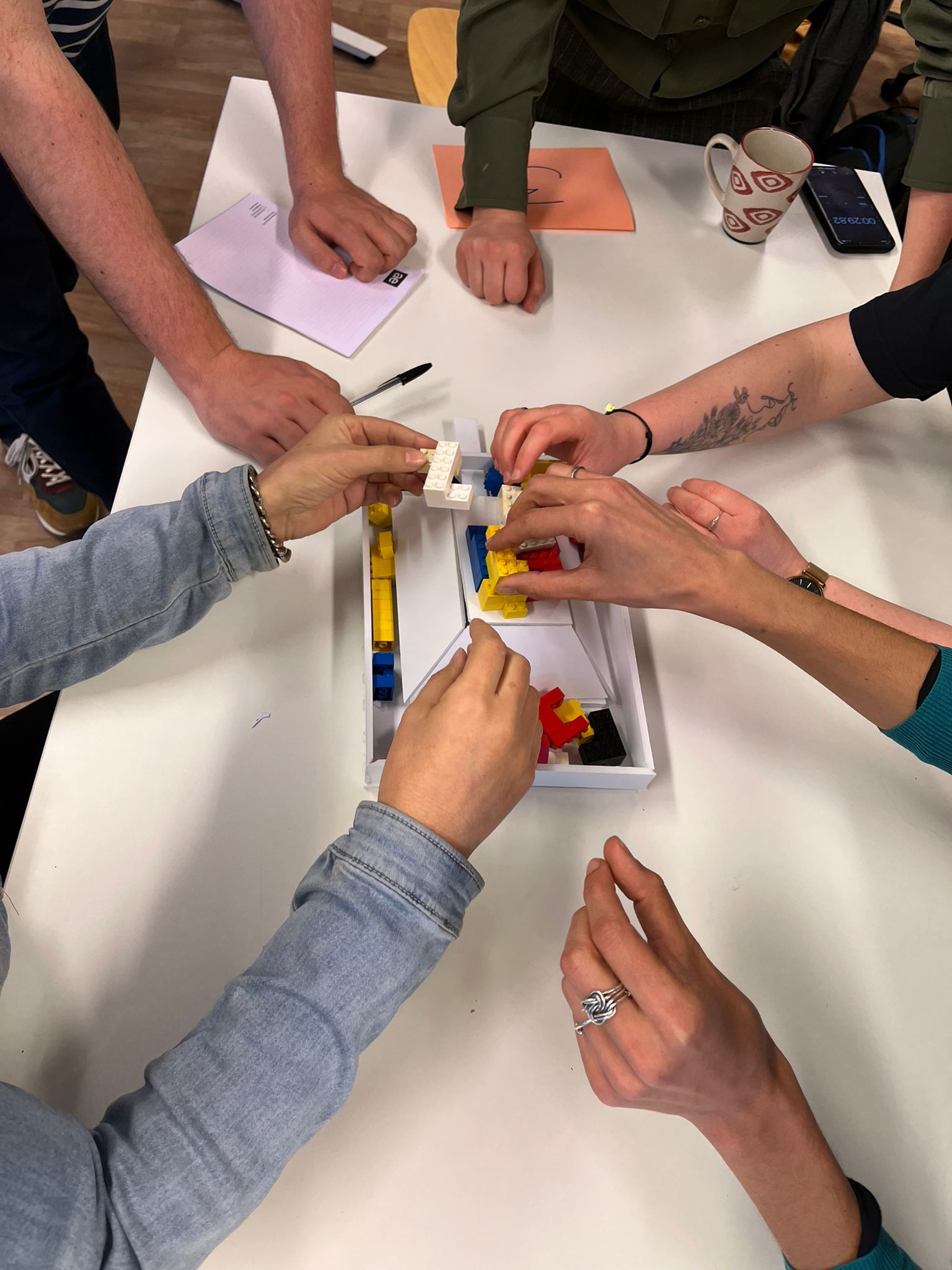The Framework for Teaching Short Course Programs
VUC StorstrømBy Pernille Smed Rasmussen and Anders Tharup – Teachers
Teacher’s expriences
When we teach short course programs, we face the constant challenge that time is a limiting factor and the curriculum is tight.
At VUC Storstrøm we work with a semester plan where our students must take their final exams within a set timeframe. The Ludodidactic method, which emphasizes repeated evaluation cycles and testing, does not fit optimally into this structure. The necessary time for reflection and feedback that the method requires is often not possible.
We always strive to implement teaching methods that can be adapted to short courses, and we are eager to test new didactic methods when it makes sense and is possible. Below is a post from our two instructors, Pernille and Anders, who participated in a course in Utrecht.
The course “Move your mind” in Utrecht was held over a few days, in a creative and productive environment.
We wanted to develop a dilemma game for adults in the social studies subject. We had many thoughts, considerations and ideas for the game.
For the physical design of the game, however, we were challenged. My colleague and I are trained teachers and our skills simply did not extend to developing a prototype of the game. However, the process was extremely rewarding and interesting for each of us.
The game was supposed to be a dilemma game about human rights. “You and a group of people are stranded on a deserted island after a shipwreck”. The group must build a society based on human rights. Who will have food? How do we make decisions? Who needs water? If we disagree, what do we do?
“The fun in games is the sweetness of overcoming obstacles” quote from the book Ludodidactics by Willem-Jan Renger and Evert Hoogendoorn.
As said, we never got to develop a prototype of our game and therefore never tested it either.

